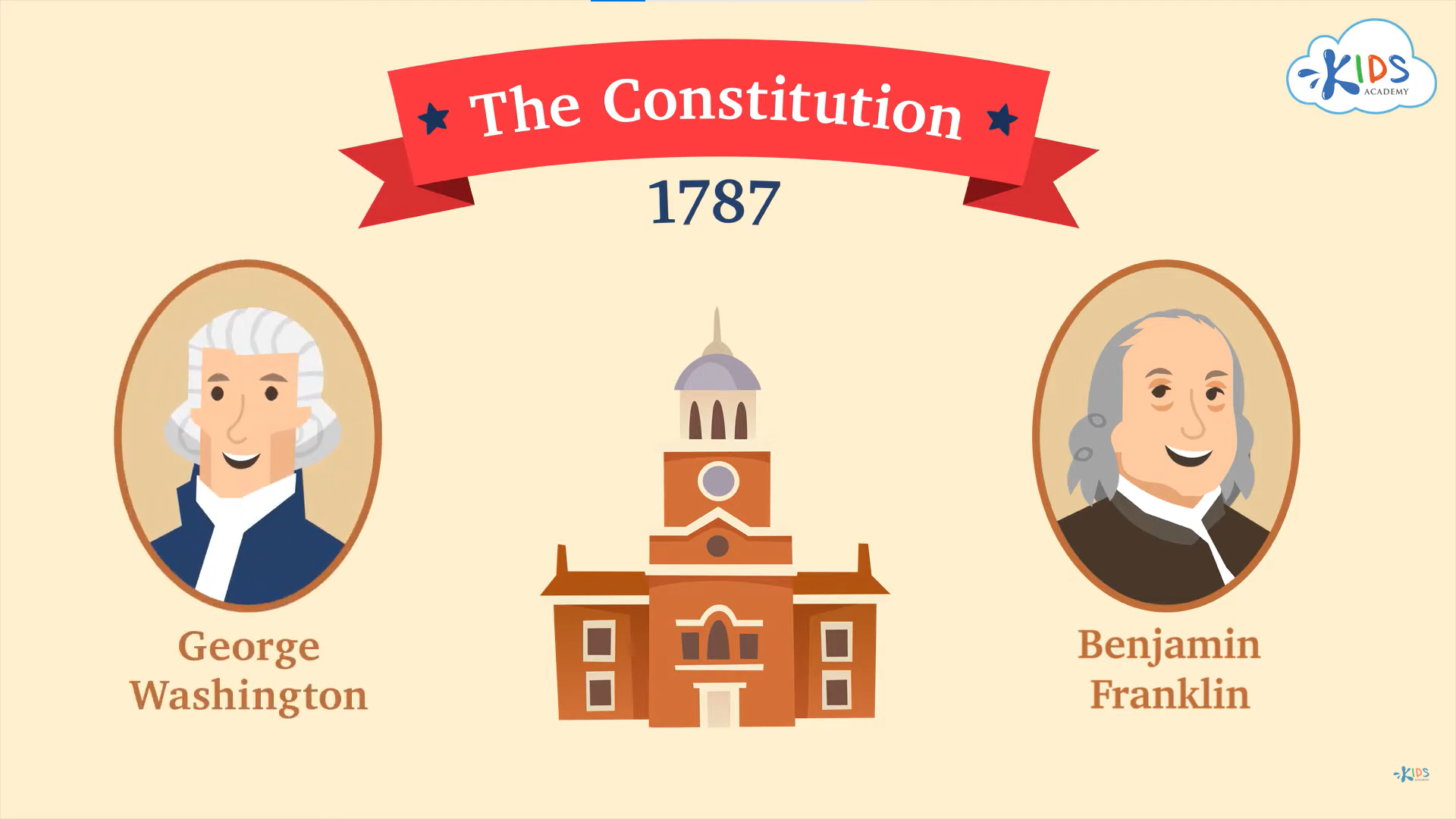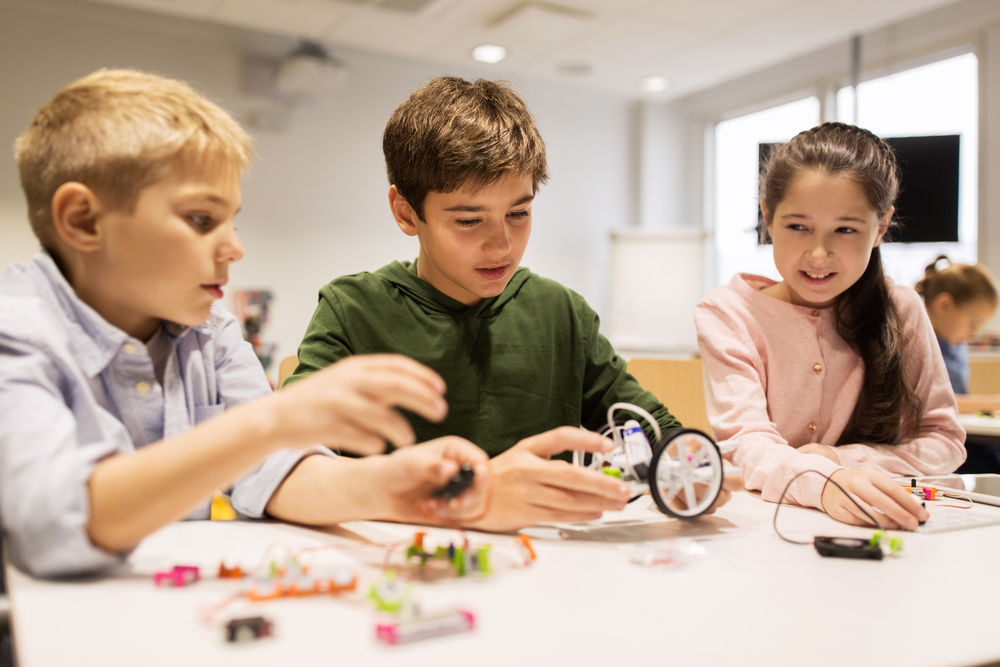Normal Phonics worksheets activities for Ages 4-9
9 filtered results
-
From - To
Welcome to our engaging collection of Normal Phonics worksheets, designed for children aged 4 to 9! Our stimulating activities promote phonetic awareness, helping young learners strengthen their reading and writing skills. Explore a variety of fun worksheets that encourage sound recognition, blending, and segmentation. Perfect for both classroom and home learning, these resources are aligned with early literacy development standards. Each worksheet features vibrant illustrations and interactive tasks that make learning phonics enjoyable. Foster a love for reading in your child through our creative and informative activities that set a strong foundation for future literacy success. Start your phonics journey today!


Phonics and Word Recognition: Assessment 1 ELA Worksheet


Phonological Awareness: Assessment 1 Worksheet


Phonics and Word Recognition: Assessment 3 Worksheet


Phonics and Word Recognition: Assessment 2 Worksheet


Phonics and Word Recognition: Assessment 1 Worksheet


Long and Short Vowel Sentences: Assessment Worksheet


Rhyming Words: Assessment Worksheet


Vowel and Consonant Sounds: Assessment Worksheet


Let's Check Long Vowels: Assessment Worksheet
Parents and teachers should prioritize Normal Phonics activities for children aged 4-9 because these foundational exercises significantly enhance reading and language skills. During this critical developmental stage, children are beginning to decode words and develop literacy habits. Phonics provides them with the tools to understand the relationship between letters and sounds, which is essential for their reading proficiency.
Engaging in phonics activities helps to accelerate learning by improving phonemic awareness, allowing students to manipulate sounds and understand how words work. This leads to increased vocabulary, better spelling, and overall literacy understanding. Phonics activities also cater to varied learning styles. For instance, interactive games and songs can capture children's attention while ensuring they absorb phonic principles in playful environments.
Moreover, strong literacy skills correlate with academic success across subjects. Kids with solid phonics foundations tend to perform better in higher grades and develop a lifelong love for reading. Additionally, early intervention in phonics instruction can help identify and address learning difficulties before they become entrenched.
By supporting Normal Phonics activities, parents and teachers together can foster confident, capable, and eager readers prepared for future educational challenges. It's not just about reading—it's about equipping children for lifetime learning.

 Assign to My Students
Assign to My Students





















